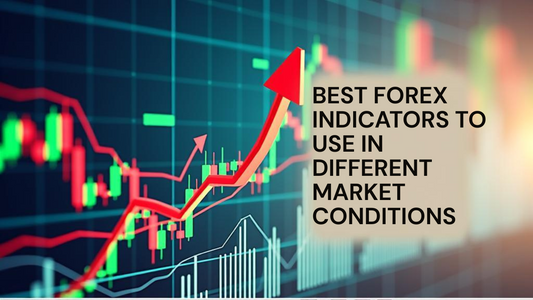
What is Economic Data and How Does it Impact Currency Values?
Share
When it comes to the global economy, there are numerous factors that can influence the value of currencies. One of the most significant factors is economic data. But what exactly is economic data and how does it impact currency values? In this blog post, we will explore the concept of economic data and its role in shaping the forex market.
What is Economic Data?
Economic data refers to the information and statistics that provide insights into the overall health and performance of an economy. This data is collected and released by various government agencies, central banks, and international organizations. It includes a wide range of indicators such as GDP (Gross Domestic Product), inflation rates, employment figures, trade balances, and consumer sentiment.
How Does Economic Data Impact Currency Values?
Economic data plays a crucial role in shaping the forex market and influencing currency values. When economic data is released, it provides traders and investors with valuable information about the current and future state of an economy. This information, in turn, affects market sentiment and can lead to changes in currency demand and supply.
Positive economic data, such as higher GDP growth or lower unemployment rates, tends to strengthen a country's currency. This is because it indicates a healthy and robust economy, which attracts foreign investors seeking higher returns. As a result, the demand for the currency increases, driving up its value in the forex market.
On the other hand, negative economic data can weaken a currency. For example, if inflation rates rise above expectations or if there is a significant decline in consumer spending, it signals economic instability. In such cases, investors may lose confidence in the currency and start selling it, leading to a decrease in its value.
Key Economic Indicators to Watch
While there are numerous economic indicators, some have a more significant impact on currency values than others. Here are a few key indicators that forex traders closely monitor:
- Gross Domestic Product (GDP): GDP measures the total value of goods and services produced within a country. A higher GDP growth rate is generally positive for a currency.
- Inflation Rate: Inflation refers to the rate at which prices of goods and services increase over time. Higher inflation can erode the purchasing power of a currency.
- Interest Rates: Central banks use interest rates to control inflation and stimulate economic growth. Higher interest rates can attract foreign investors and strengthen a currency.
- Employment Figures: Low unemployment rates indicate a strong labor market and a healthy economy, which can boost a currency's value.
- Trade Balances: A positive trade balance, where exports exceed imports, can strengthen a currency as it reflects a competitive and thriving economy.
The Role of Economic Data in Forex Trading
For forex traders, keeping a close eye on economic data releases is essential. By analyzing and interpreting economic data, traders can make informed decisions about buying or selling currencies. They can anticipate market movements and take advantage of potential opportunities.
It's important to note that economic data releases can be highly volatile events in the forex market. Traders often experience increased price volatility and liquidity during these periods. Therefore, it's crucial to use risk management strategies and have a solid understanding of the potential impact of economic data on currency values.
Conclusion
Economic data is a vital tool for understanding the health and performance of an economy. It provides valuable insights into the factors that impact currency values. By staying informed about economic data releases and their potential impact, forex traders can navigate the market more effectively and make informed trading decisions.



